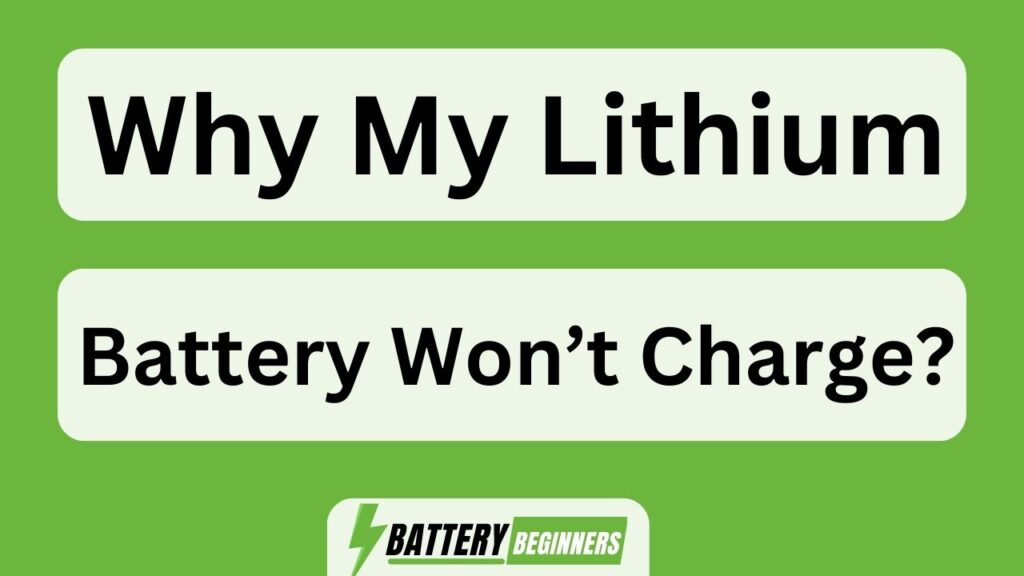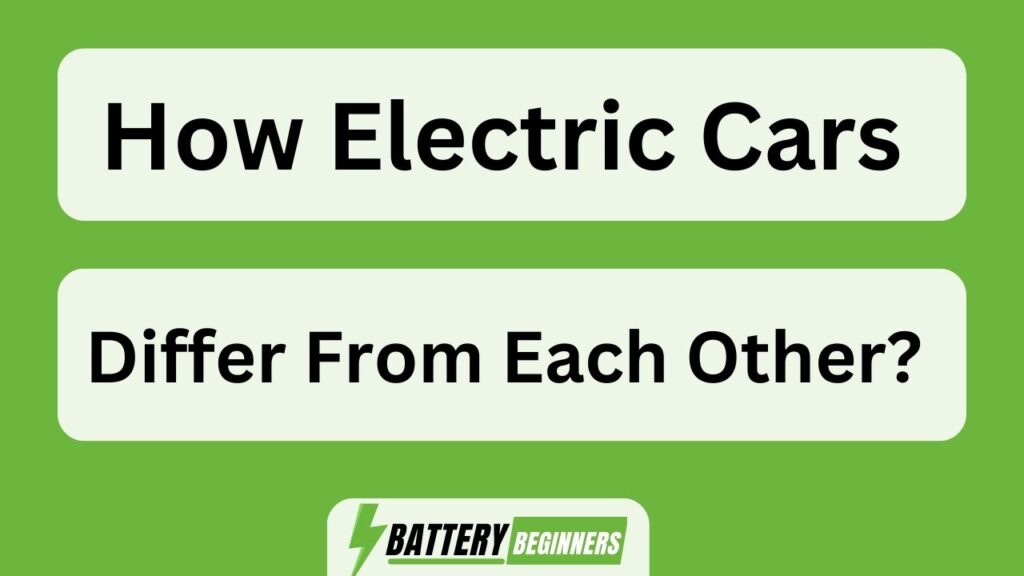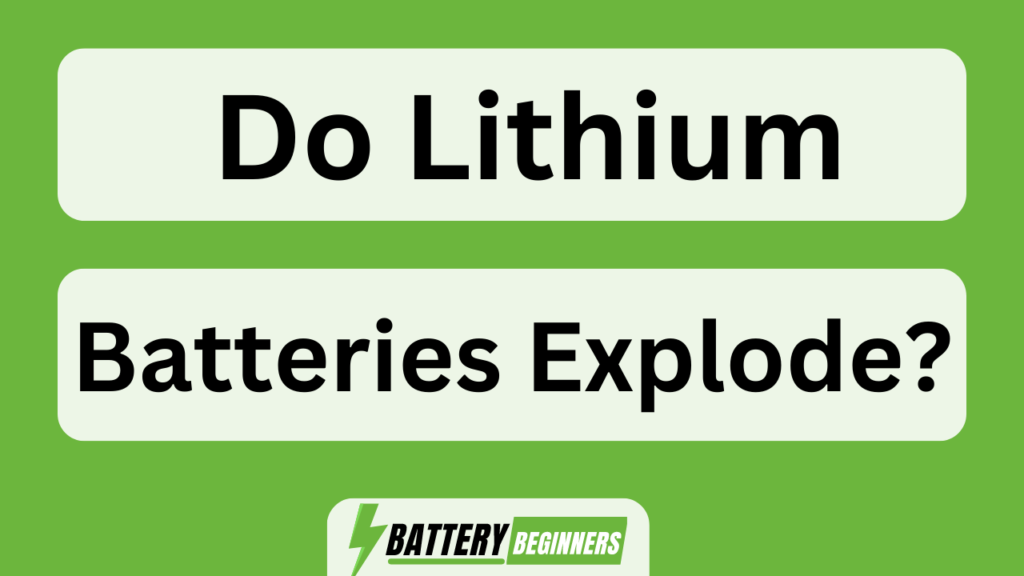Can You Get a Refund on a Car Battery?
In the world of car ownership, unforeseen circumstances can arise, leaving us questioning our purchases. One such situation involves car batteries – an essential component for any vehicle. But what happens if your newly purchased car battery fails to perform as expected? Can you get a refund?
This article aims to provide an objective and informative exploration of this question. By juxtaposing consumer rights and warranty terms and conditions, we will delve into the process of seeking a refund for a faulty car battery. From assessing the reason for failure to gathering necessary documentation, contacting retailers or manufacturers, and following return processes, we will guide you through each step. Additionally, we will shed light on potential pro-rated refunds and explore alternative consumer protection options.
Ultimately, understanding your rights as a consumer is crucial in navigating these situations. By learning from past experiences and making informed decisions about warranties and returns, you can ensure that you are equipped with the knowledge needed to tackle similar challenges in the future.
Key Takeaways Can You Get A Refund On A Car Battery?
- Understanding warranty terms and conditions is crucial.
- Gather necessary documentation and proof of purchase.
- Contact the retailer or manufacturer for potential refund options.
- Familiarize yourself with return policies before making a purchase.
Understand the Warranty Terms and Conditions
Understanding the warranty terms and conditions is crucial in determining whether a car battery refund can be obtained. Before seeking a refund, it is important to carefully review the warranty coverage provided by the manufacturer or retailer. This involves understanding the duration of the warranty, any limitations or exclusions that may apply, and whether it covers defects or premature failure of the battery.
Additionally, familiarizing oneself with the process for negotiating refund terms is essential. Some warranties may require contacting customer service or bringing the battery back to the place of purchase for inspection before a refund can be granted.
Once there is a clear understanding of the warranty terms and conditions, one can proceed to assess the reason for the battery failure and explore options for obtaining a refund or replacement without delay.
Assess the Reason for the Battery Failure
Examining the cause of battery failure is crucial in identifying the factors leading to its performance decline. One interesting statistic to consider is that approximately 50% of car battery failures are attributed to the age of the battery, highlighting the importance of regular maintenance and replacement. To troubleshoot battery issues effectively, it is essential to understand the reasons for battery failure.
Here are four common causes:
- Insufficient charging: Inadequate charging can lead to a weakened or dead battery.
- Corrosion: The buildup of corrosion on terminals can hinder proper electrical connections.
- Extreme temperatures: High heat or cold weather conditions can strain and damage batteries.
- Electrical problems: Issues with alternators, starters, or other components can put excessive strain on the battery.
Understanding these potential causes helps in addressing and resolving battery issues effectively. Once you have assessed the reason for your battery failure, it is necessary to gather the necessary documentation and proof of purchase for a potential refund or warranty claim process without delay.
Gather the Necessary Documentation and Proof of Purchase
To effectively address and resolve battery issues, it is crucial to promptly gather the necessary documentation and proof of purchase, providing a solid foundation for potential refund or warranty claim processes. Proof of purchase serves as evidence that the battery was indeed purchased from the retailer or manufacturer in question. It typically includes a sales receipt, invoice, or any other document that clearly states the transaction details. Additionally, it is important to review the warranty terms provided by the retailer or manufacturer. This will help determine if the battery failure falls within their specified coverage period and conditions. By gathering these documents and familiarizing oneself with the warranty terms, individuals can approach retailers or manufacturers confidently when seeking a refund or replacement for a faulty car battery.
Transition into contacting the retailer or manufacturer: Once all necessary documentation has been gathered and warranty terms have been reviewed, it is time to contact the retailer or manufacturer to discuss potential refund options.
Contact the Retailer or Manufacturer
Upon completing the necessary steps of gathering documentation and reviewing warranty terms, it is now prudent to initiate contact with the retailer or manufacturer in order to explore potential resolutions.
When communicating with the retailer, it is important to provide them with all relevant information regarding the battery purchase, such as the date of purchase and any supporting documents. Additionally, it is advisable to maintain a professional demeanor during conversations or written correspondences.
When contacting the manufacturer, one should clearly articulate the issue faced with the car battery and inquire about their policies on refunds or exchanges. It may be helpful to reference any warranties that came with the product and ask for guidance on how to proceed further.
By engaging in effective communication with both parties involved, individuals can increase their chances of obtaining a satisfactory resolution.
Transitioning into the subsequent section about ‘follow the return or exchange process,’ individuals should familiarize themselves with the specific procedures outlined by either party to ensure a smooth resolution process.
Follow the Return or Exchange Process
When faced with a faulty car battery, it is essential to adhere to the established return or exchange process outlined by the retailer or manufacturer. This process typically involves following their refund policy and returning the defective battery within a specified timeframe. It is important to carefully read and understand the terms and conditions of the return policy to ensure eligibility for a refund. Some retailers may require proof of purchase, while others may offer store credit instead of cash refunds. To emphasize this point, consider the following table:
| Retailer A | Retailer B | Manufacturer |
|---|---|---|
| Cash Refund | Store Credit | Proof of Purchase Required |
Following the return or exchange process ensures that customers are able to receive appropriate compensation for their faulty car battery. However, if this process does not resolve the issue, it may be necessary to consider professional inspection and testing as the next step in determining a suitable resolution.
Consider Professional Inspection and Testing
Professional inspection and testing by certified technicians can provide valuable insights into the underlying issues with a faulty automotive battery, helping to identify potential defects or malfunctions that may not be immediately apparent.
These professionals possess the necessary expertise to thoroughly examine the battery and conduct various tests to assess its performance and condition.
Through this rigorous testing process, they can determine if the battery is functioning properly or if there are any manufacturing defects that could have led to its failure.
This objective evaluation ensures an unbiased assessment of the battery’s quality and allows for a more informed decision regarding refund eligibility.
Therefore, seeking professional inspection and testing is crucial when considering a refund for a car battery.
By doing so, consumers can gather concrete evidence about any possible faults in order to be prepared for potential pro-rated refunds in the subsequent section about ‘be prepared for potential pro-rated refunds’.
Be Prepared for Potential Pro-Rated Refunds
In the event of a faulty automotive battery, being prepared for potential pro-rated refunds is essential to ensure a fair resolution and proper compensation. Understanding how these refunds work and what to expect can help consumers navigate the process more effectively. Here are three key points to consider:
- Pro-rated refunds: When a car battery fails within the warranty period, some manufacturers offer pro-rated refunds based on the remaining lifespan of the battery. This means that the longer you have used the battery, the less refund you may receive.
- Documentation: To qualify for a potential refund, it is important to keep all relevant documentation, including receipts, warranty information, and any communication with the manufacturer or retailer regarding the defect.
- Return process: Each manufacturer or retailer may have different procedures for returning faulty batteries. It is crucial to familiarize yourself with their policies and understand any timeframes or deadlines for returns.
By being aware of potential refunds and following proper procedures, customers can seek appropriate compensation in case of a defective car battery. Understanding the timeframe and deadlines for returns ensures a smooth transition into the subsequent section about this topic without explicitly stating ‘step’.
Understand the Timeframe and Deadlines for Returns
Understanding the specific timeframe and deadlines for returning a faulty automotive battery is crucial in order to ensure a smooth resolution process.
Many retailers have return policies in place that outline the timeframe within which customers can return a defective product. These policies are designed to protect both the company and the consumer, ensuring fairness and customer satisfaction.
It is important for consumers to familiarize themselves with these policies before making a purchase, as they vary from store to store. Some retailers may offer a limited window of time during which returns are accepted, while others may require proof of purchase or impose restocking fees.
By understanding these guidelines, customers can avoid potential complications and delays when seeking a refund for a car battery that does not meet their expectations.
It is also advisable for consumers to explore other consumer protection options if they encounter difficulties in obtaining a refund or replacement.
Explore Other Consumer Protection Options
Consumers may seek recourse through alternative avenues of consumer protection when faced with challenges in obtaining redress or a replacement for an inadequate automotive battery. It is important to understand that other consumer protection options exist beyond the traditional refund or return policies. These options include, but are not limited to, filing a complaint with the Better Business Bureau (BBB), pursuing legal action, or contacting local consumer protection agencies.
The BBB provides a platform for consumers to voice their concerns and seek resolution with businesses. Legal rights can also be explored, such as enforcing warranty agreements or utilizing lemon laws if applicable.
By exploring these other consumer protection options, individuals can gain valuable insight into their rights as consumers and learn from their experiences to make informed decisions in the future about purchasing car batteries or any other products.
Learn from the Experience and Make Informed Decisions in the Future
One valuable lesson to be learned from this experience is the importance of conducting thorough research and considering alternative consumer protection options. For example, a study conducted by Consumer Reports found that only 55% of consumers are aware of their rights when it comes to product warranties, highlighting the need for greater awareness and understanding in order to make informed decisions in the future.
To avoid similar situations in the future, it is crucial to learn from mistakes and take proactive steps towards making informed choices. Here are three key points to consider:
- Research: Take the time to thoroughly research products before making a purchase, including reading reviews and comparing different brands or models.
- Warranty coverage: Understand the warranty terms and conditions associated with a product, including what is covered, for how long, and any limitations or exclusions.
- Consumer protection agencies: Familiarize yourself with local consumer protection agencies or organizations that can provide guidance and support if issues arise.
By learning from past experiences and adopting these practices, consumers can minimize risks and make more informed decisions when purchasing products in the future.
Frequently Asked Questions
Can I get a refund on a car battery if I don’t have a proof of purchase?
If you do not have a proof of purchase, the refund process for a car battery may be more challenging. Most retailers require proof of purchase to verify the transaction and determine eligibility for a refund.
How long does it typically take to receive a refund for a car battery?
The time it takes to receive a refund for a car battery can vary depending on the retailer’s policies and procedures. It is important to properly dispose of a car battery and consider factors such as brand reputation, warranty coverage, and compatibility with the vehicle when buying one.
Can I return a car battery if it was damaged during installation?
If a car battery is damaged during installation, it may be eligible for return under warranty coverage. It is important to check the specific terms and conditions of the warranty to determine if damage during installation is covered.
Can I get a refund on a car battery if it was used for a long period of time before it failed?
Refund eligibility for a car battery that failed after long-term use can depend on the warranty terms provided by the manufacturer. It is advisable to contact customer support and inquire about their specific policies regarding refunds in such cases.
What should I do if the retailer refuses to provide a refund or exchange for a faulty car battery?
If the retailer refuses to provide a refund or exchange for a faulty car battery, there are steps you can take. Troubleshoot the battery issue by checking connections and voltage levels. Additionally, follow maintenance tips to prevent future battery issues.
Conclusion
In conclusion, obtaining a refund for a car battery requires understanding the warranty terms and conditions, assessing the reason for the failure, and gathering necessary documentation.
Contacting the retailer or manufacturer is crucial in initiating the return or exchange process. It is important to be aware of potential pro-rated refunds and adhere to specified timeframes and deadlines.
Exploring consumer protection options can provide additional recourse if needed.
By learning from this experience, one can make informed decisions in the future, like a skilled conductor guiding a symphony of choices.






